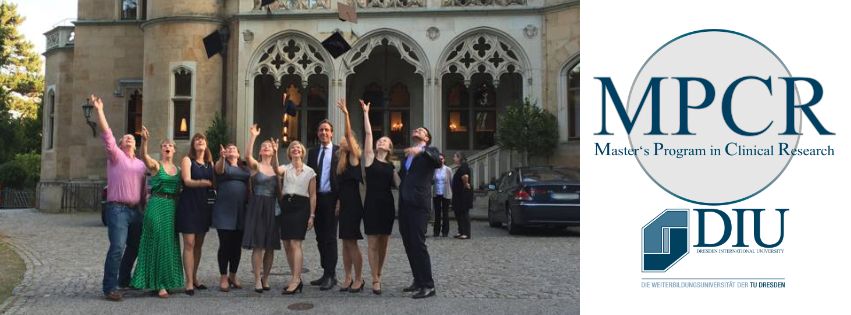Curriculum
The Master’s Program in Clinical Research MPCR is a two-year part-time program which includes 6 separate modules extending over the first three semesters, followed by a Master's Thesis which has to be completed within the fourth semester.
Module 1: BASICS OF CLINICAL RESEARCH
Introduction to Clinical Trials
Selection of the Question
Study Population
Basic Study Design
Ethical and Regulatory Issues
Study Blinding
The Randomization Process
Recruitment of Study Participants
Participant Adherence
Module 2: STATISTICS
Statistics – Basics
Statistical Tests I+II
Sample Size
Survival Analysis
Other Issues in Statistics I+II
Module 3: PRACTICAL ASPECTS OF CLINICAL RESEARCH
Integrity in Research
The Business of Clinical Research
Being a Clinical and Translational Scientist: Practical Challenges and Recommendations
Design and Analysis of Surveys
Assessing Risk and Adverse Effects bin Clinical Research
Phase III and Multicenter Trials
Manuscript Submission
Module 4: STUDY DESIGNS
International/Global Research
Special Panel: RCT vs. Observational Designs – How to choose?
Observational Studies Confounders in Observational Studies: Using the Method of Propensity Score
Designs with Medical Devices and Interim Analysis
Non-Inferiority Designs
Module 5: WORKSHOPS
Review and discussion of material presented throughout the year in a detailed and intensive fashion.
Module 6: RESEARCH ORGANIZATION AND PRESENTATION
Clinical Pharmacological Trials
Financial and Economic Aspects of Clinical Research
After finishing these modules students will complete their Master's Thesis on a topic in the field of Clinical Research supervised by lecturers of Harvard T. H. Chan School of Public Health, Boston and Dresden International University.


